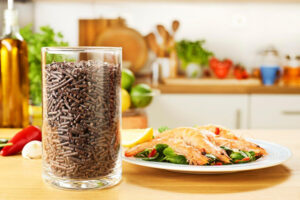
In feeding trials, FeedKind shown to boost shrimp survivability against EMS
Novel feed ingredient FeedKind can significantly reduce the risk of Early Mortality Syndrome, a disease that has cost the global industry billions.
Byproducts from aquaculture can increase the industry’s sustainability and contribute to other sectors like diet supplements, cosmetics and animal feeds, a new study concludes.

Novel feed ingredient FeedKind can significantly reduce the risk of Early Mortality Syndrome, a disease that has cost the global industry billions.
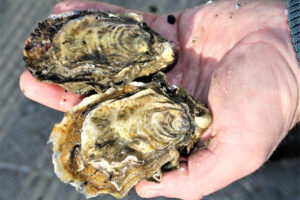
Evaluating a novel microencapsulated feed supplied during the depuration stage to fortify oysters with micronutrients beneficial to human health.
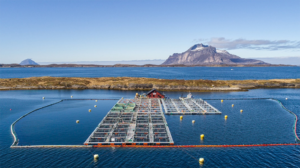
Sourcing alternative ingredients for aquafeeds based on sustainability and circular economy principles are viable solutions for aquaculture.
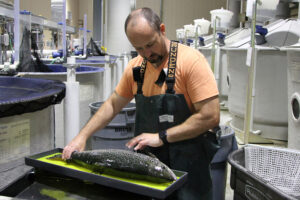
Land-based aquaculture research center partners with animal feeds giant to develop optimal feeds for Atlantic salmon raised in recirculating aquaculture systems.
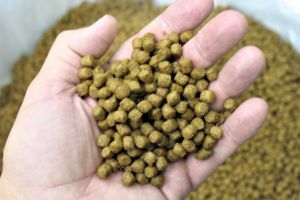
Aquafeeds can be optimized through innovative approaches including machine learning and analysis with multi-criteria decision support tools.
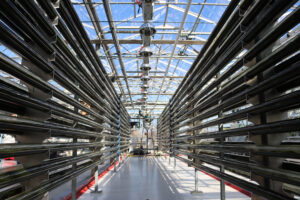
As seen through the GAIN project, adopting precision aquaculture tools improve feeding strategies and preventative measures for sea bass.
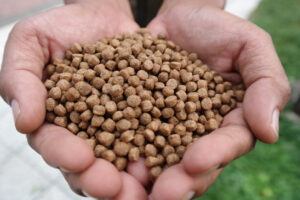
Improving aquafeed formulations can augment the sustainability and efficiency of aquaculture production – a new series from the GAIN project.
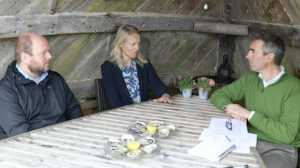
The true cost of aquafeed and feed ingredients goes beyond dollars, said presenters during GSA’s virtual GOAL session on animal feed production.
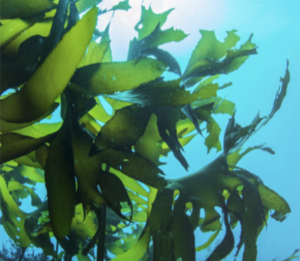
Aquafeed supplier BioMar hits a major sustainability goal by reaching 1 million metric tons of salmon feed containing microalgae.
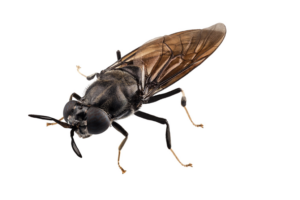
Entoprotech, which uses black soldier flies to process organic waste, announced that Granot is leading its latest funding round.
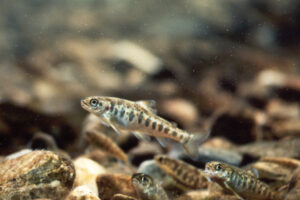
The inclusion of a microalgal biomass in salmon feeds shows potential use throughout the whole production cycle from parr to harvest size.
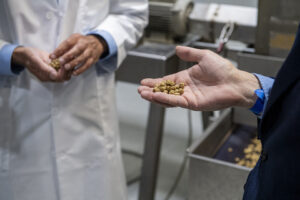
Nofima has launched the Millennial Salmon Project, a collaborative research initiative to develop sustainable ingredients for farmed salmon.
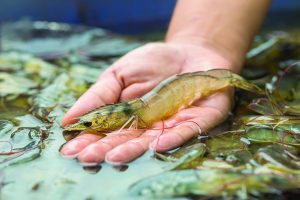
An evaluation of hydrolysates shows that cost-benefit, availability, quality and efficiency must be considered for feeding Pacific white shrimp.
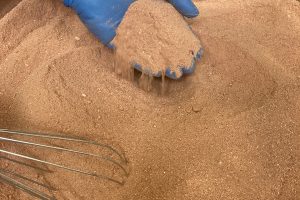
NovoNutrients, a microbial meal producer using industrial waste as an energy source, has secured $9 million in equity to scale production.
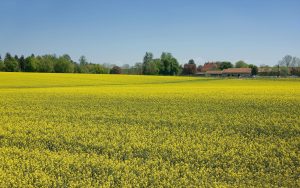
An evaluation of the risks of alternative aquafeed ingredients must be considered to enable the production of safe, sustainable and functional aquafeeds.